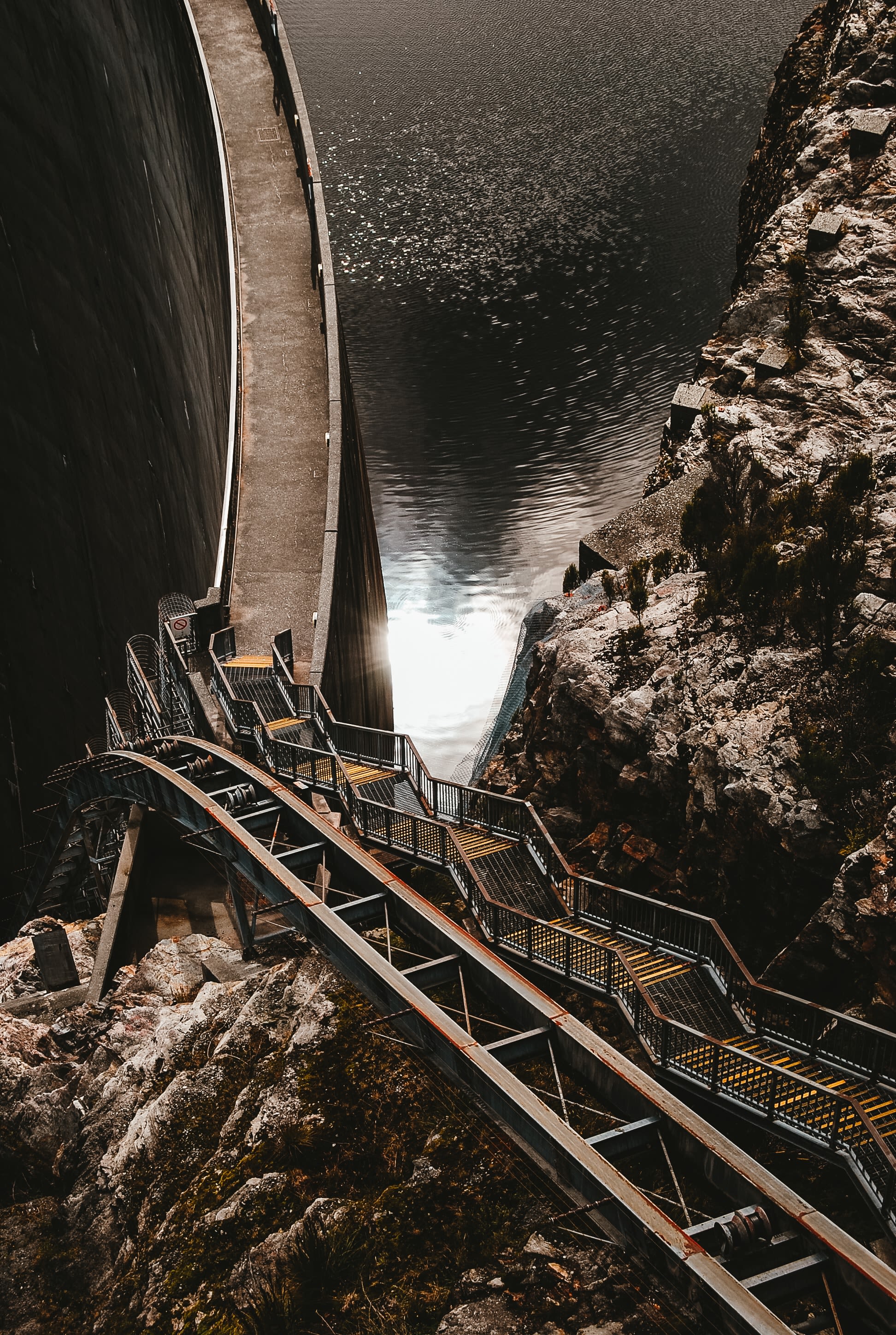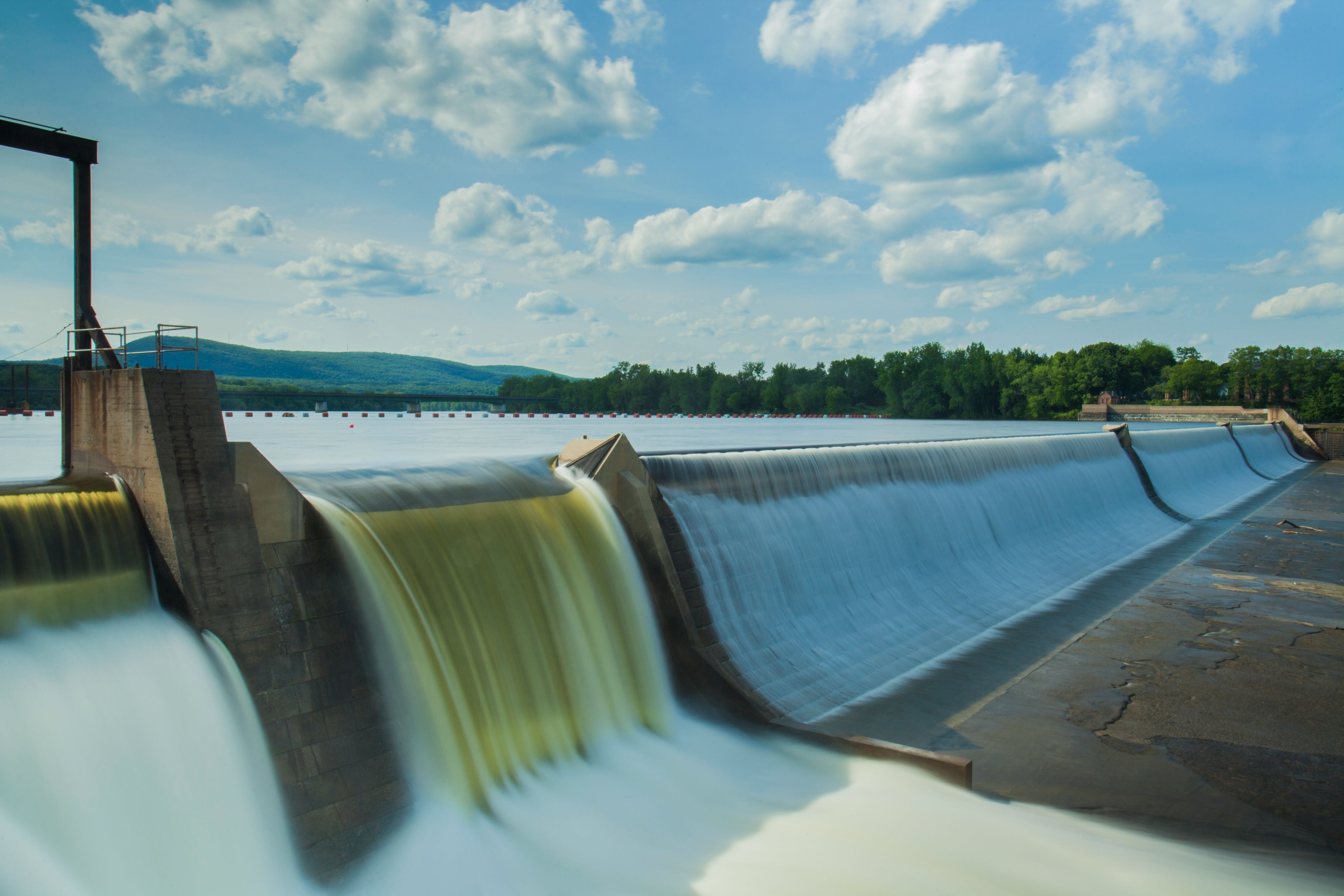Standard Bank funds major hydro project for Eastern Cape commercial farm

Standard Bank provided financing that allowed Lowmar Farm to build a new hydro project that cost R24 million. The financial solution comprises a multi-product structure with Commercial Asset Finance for R13 million of the project structured on a 10-year debt term and an R11 million term loan.
Faced with crippling financial losses due to loadshedding, Lowmar Farm - a commercial farming enterprise - situated on the Great Fish River in the Eastern Cape, was forced to look into other energy resources to survive.
The farm grows crops including maize, lucerne, walnuts, and pecan nuts and farms livestock such as sheep, cattle, and ostriches. It has relied on water from the river for irrigation, which is delivered by electricity since 1976. However, due to the ever-present rolling blackouts, they found themselves losing revenue of about R3.1 million annually in crop losses.
“Increased costs were driven by fuel used for generators and higher maintenance costs on electrical equipment because equipment had to restart up to four times a day. Issues such as not being able to irrigate during loadshedding, which brought the pelletising factory to a halt, and the fact that our staff and contractors' inability to complete tasks contributed to the losses experienced,” said Japie Marais of Lowmar.
Faced with an ongoing situation where power outages could last up to three weeks, Lowmar's owners decided to gain energy independence and build their power generation facilities. To do this Lowmar approached Standard Bank, one of the country’s leaders in sustainability funding.
Standard Bank provided financing that allowed Lowmar to build a new hydro project that cost R24 million. The financial solution comprises a multi-product structure with Commercial Asset Finance for R13 million of the project structured on a 10-year debt term and an R11 million term loan.
“This is the most significant private hydro project for which the bank has ever provided financial support. The 362kWp hydro plant is expected to produce about 2.9 GWh in its first year, which will provide sufficient power for two farms", said Maudene van Rooyen, Specialist in Power and Sustainable Solutions at Standard Bank Business and Commercial Banking.
Within weeks of the hydro system being operational, it generated power to the value of R550 000 at Eskom’s rates.

“Our feasibility analysis revealed that the project will become cash-positive in its third year and save the business approximately R9.5 million over the 10-year funding period. Given that the hydro plant's lifespan is more than 30 years, significant benefits lie ahead,” said Van Rooyen.
Lowmar anticipates further benefits should it broaden its export base. It could soon add meat products to its current export portfolio of wool and pecan nuts.
A major and growing benefit lies in the client’s ability to supply carbon-neutral products to the international market.
“We will be building on the fact that our exports are carbon-neutral and believe that our exports will benefit significantly from this niche marketing advantage. Being one of the few active farmers in the market, will mean getting premium prices for our products,” said Japie Marais.
Despite South Africa being seen as a water-scarce country, there are rivers across high altitudes that are ideal for small hydroelectric plants.
“South Africa has great potential for building more hydroelectric plants. This has been confirmed by increasing interest from farmers, most of whom are located close to rivers with either a high head or a high flow speed,” said Van Rooyen.
The bank’s commitment to financing clean energy is not just limited to hydro projects but also extends to solar PV, biomass, biogas, and wind. In 2023, the bank provided 5.39 times more finance for renewable energy power generation compared to non-renewable energy power generation.

To ensure your business contributes to a more sustainable world, visit Standard Bank HERE.
Explore More



